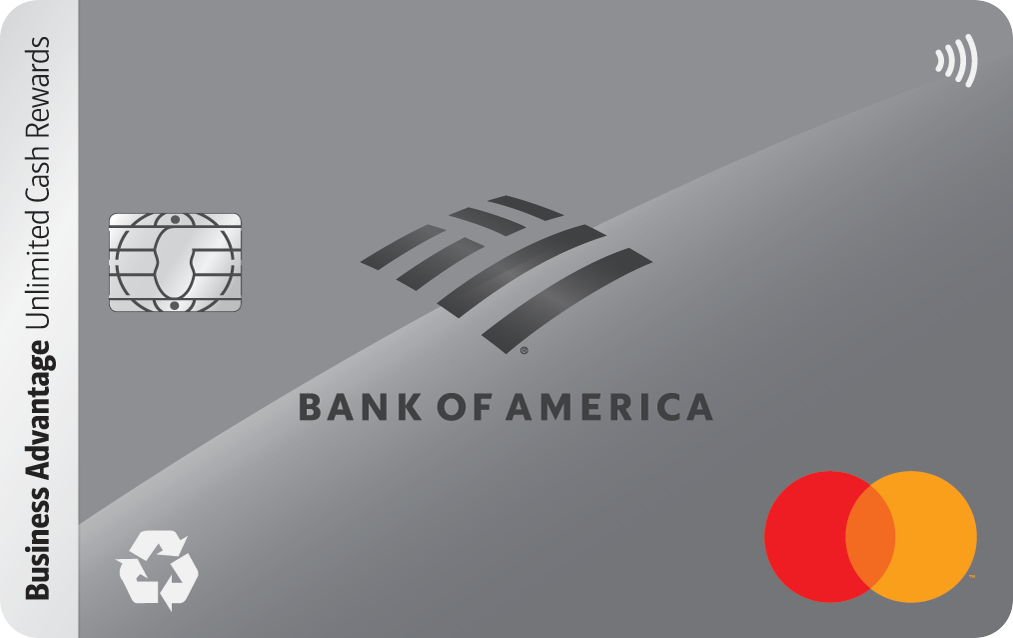Here's How Much You Need to Save Each Month to Retire With $2 Million

Image source: Getty Images
Want to retire with $2 million? A 30-year-old can get there by investing just $968 a month and earning an average 8% annual return.
But if you wait until 40 to start, you'll need to invest $2,280 a month to hit the same $2 million by age 65.
Here's how the numbers break down -- and how to play catch up if you're starting later in life. Plus, do you really need $2 million for a comfortable retirement anyway?
Here's how much to invest at every age
Let's assume you're starting with $0 invested, and you're earning a long-term average return of 8% annually -- a reasonable assumption based on historical stock market returns.
Here's how much you'd need to invest every month to end up with $2 million by age 65:
| Starting Age | Monthly Investment |
|---|---|
| 20 | $432 |
| 25 | $644 |
| 30 | $968 |
| 35 | $1,472 |
| 40 | $2,280 |
| 45 | $3,643 |
| 50 | $6,150 |
If you're reading this and you're in your 20s or 30s, you have an incredible opportunity.
Even if you don't have much right now, time is fully on your side. The more you put away now, the less heavy lifting you have to do for the next few decades.
My favorite account for young folks to start investing is a Roth IRA. All the money you put in grows tax-free, and you can withdraw it in retirement without owing a dime to the IRS.
If you don't have a Roth IRA right now, check out Robinhood -- it will even offer a match on your contributions. There are no fees or minimums to get started either. Read our full Robinhood review here to learn more and open an account today.
What if you didn't start early?
It's easy to look at that $6,150 monthly number for a 50-year-old and panic. But the message here isn't "you're too late."
It's "start now."
Even small amounts have enormous potential when you give them years to grow. That's the beauty of compounding. Your interest earns interest, which earns more interest. It snowballs the more years you have.
If you're starting later, you're not doomed. You can:
- Max out catch-up contributions in your 401(k) or IRA
- Delay retirement by a few years (gives you more time to save and less withdrawals needed)
- Trim your spending and invest the difference
Small moves can make a big difference when you're playing catch-up. You just need to make those changes sooner rather than later.
Where to stash your investments
Tax-advantaged accounts are your best friend for growing wealth. Here are a few smart places to start:
- 401(k) or 403(b): Begin with employer-sponsored accounts because these have high contribution limits and potential employer matches. Catch-up contributions for people 50 and older can be extra helpful too.
- Traditional or Roth IRA: With a Roth, you invest after-tax dollars, then get tax-free growth and withdrawals later. A traditional IRA gives you a tax break now, but you'll pay taxes when you withdraw the money in retirement.
- Brokerage account: The most flexible investing account, with no contribution limits or restrictions.
Personally, I have all three. And I automate contributions each month into each account.
Most brokerage accounts let you set up repeat transfers so you don't have to think about it every month.
Do you really need $2 million to retire?
Not necessarily. In fact, many folks are happily retired right now with way less than $2 million.
Everyone's retirement numbers and living situation look a little different.
If you have other sources of income (like Social Security or a pension), or retire somewhere with a lower cost of living, you might not even need $1 million -- and that's totally okay.
That being said, if you're younger and time is on your side, it's better to aim high. Saving more now gives you more options later.
Don't get overwhelmed by the big number. Just focus on what you can save each month starting now -- and give it time to grow.
New to investing? Check out the best brokerage accounts for beginners and take the first step toward your future.
Our Research Expert


